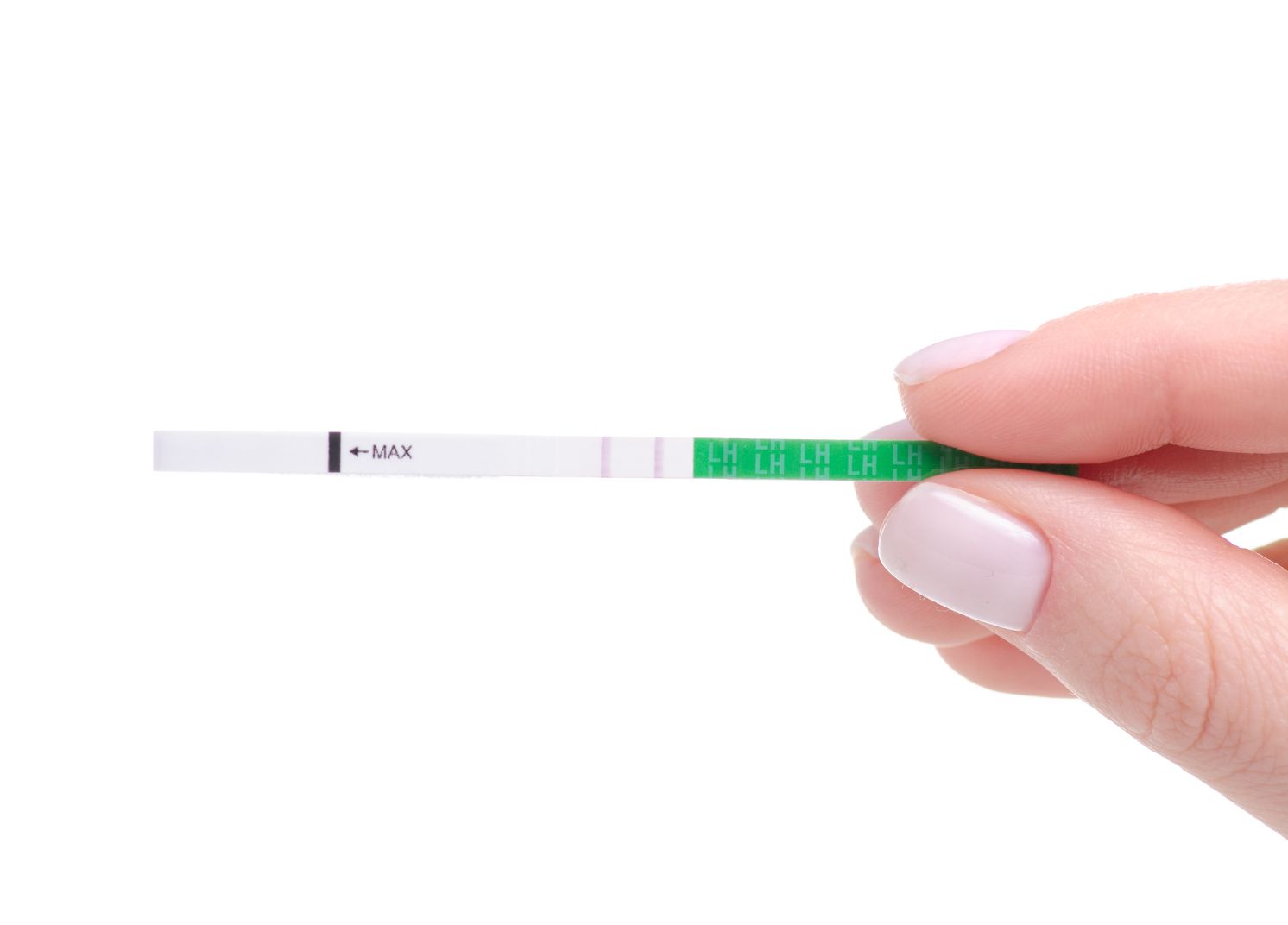Tips and advice on how to get pregnant naturally
You’ve bitten the bullet and have decided to try for a baby. The first step is to stop any forms of contraception to actively try to conceive or just to see how you get on (trying with no pressure). But what should you do now?
Get to know your cycles
Either by writing the first day of your cycle in a diary or using a very helpful app. Some apps also help in predicting when the next cycle is due, and there are plenty of free ones available.
What counts as the first day?
This may seem like a silly question, but one that often gets asked. The first day is the one where there is a “full flow”. A full flow is dependent on what is normal for you - you may have lighter bleeds, whereas some women may have very heavy flows.
How long are your cycles?
This means the amount of time from Day 1 until the next cycle starts. The average cycle is approximately 28 days but for some ladies this can vary. A normal, average cycle is considered to be between 21 - 40 days.
It is important to know your average cycle (this varies from person to person) as this will give you an indication of when you are likely to ovulate. This is when a mature egg is released from one of the ovaries into the fallopian tube. For example, somebody with a 28 day cycle is likely to ovulate around day 12-14.
Signs of Ovulation
Some women may notice the natural signs of ovulation such as an increase in cervical mucus, a slight rise in body temperature, or a small number of women who actually experience ovulation pain. But if you’re not sure if you are ovulating, then do not worry as there are always kits to help.
Ovulation Kits
Ovulation predictor / LH (Luteinising Hormone) kits are readily available in all pharmacies. The ovulation predictor kit works by urinating on the kit/stick and this will pick up the LH surge, which occurs approximately 24-36 hours after the initial surge in LH levels.
It is all about timing and if you are able to, have intercourse every 2-3 days. This will increase the likelihood to get pregnant, especially a few days prior and during the time of ovulation. Healthy sperm can live for up to 5 days but an egg only survives for 12-24 hours after ovulation.
Are ovulation kits for everybody?
Ovulation kits do not work for everybody. For example, women with PCOS (Polycystic Ovaries) may have a high LH all the time, giving them a false positive reading.
Women with a natural high FSH (Follicle Stimulating Hormone) and LH due to premature ovarian failure (POF) may also be continuously positive for surges.
The women that have very irregular cycles may not find them effective as they may have to use many kits to work out when their surge will start. In addition, some women may have a surge that does not register on the kits and will have continuous false negatives.
In these cases, it may be less stressful to seek professional help. This does not have to mean treatment, but can be guidance, or where appropriate, assistance with cycle monitoring / ovulation induction. With scans to help with the timing of intercourse.
Before using visiting a fertility clinic or doctor there are natural ways to boost fertility, read more about the lifestyle factors that can have a large influence on levels of fertility here.
Similar articles
Work Life Balance. Planning & Fertility
How to best attract, support and retain employees who are working parents (1/6): Trying for a child: fertility challenges, surrogacy, and adoption.
Read postFertility 101 - Lifestyle Factors to Boost Fertility
Lifestyle factors can have a large influence on levels of fertility. This article explains how diet and natural fertility boosters, supplements, exercise and sleep can boost fertility levels. And what stops fertility.
Read postPros and Cons of Over-the-counter Fertility Tests
With a huge demand for at-home fertility tests recently, this article looks at the pros and cons of them.
Read postWork Life Balance. Planning & Fertility
How to best attract, support and retain employees who are working parents (1/6): Trying for a child: fertility challenges, surrogacy, and adoption.
Read post Back to all resources
Back to all resources